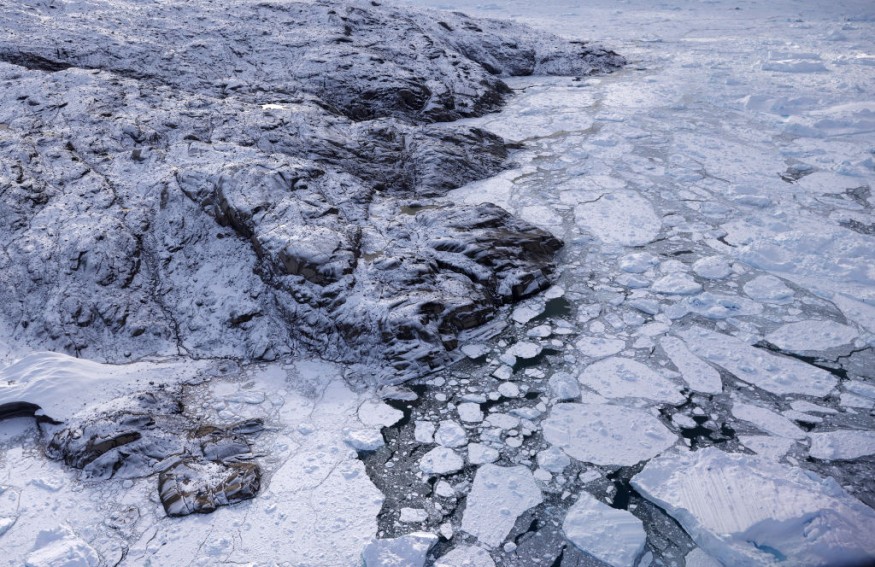Scientists have identified a melting ice sheet as the likely cause of a huge climate-change event that occurred little over 8,000 years ago.

Using geological samples from the Ythan Estuary in Scotland, a team of geoscientists from four Yorkshire universities lead by Dr. Graham Rush, may hold clues to how current ice loss in Greenland may affect the world's climate systems.
Atlantic Meridional Overturning Circulation
The researchers collected sediment core samples from the Ythan Estuary to piece together a picture of what was occurring to sea levels 8,000 years ago.
More than 8,000 years ago, the North Atlantic and Northern Europe underwent dramatic cooling as a result of changes in the Atlantic Meridional Overturning Circulation, or AMOC.
The alteration in AMOC had an impact on worldwide rainfall patterns as well.
The AMOC is said to have failed due to a significant influx of freshwater into the salt-water waters of the North Atlantic.
They discovered that sea-level changes deviated from normal background fluctuations of around two millimeters per year and reached 13 millimeters per year, with individual sea-level events resulting in water rising by approximately two meters in the Ythan Estuary.
The analysis of the core samples showed that there were at least two large sources of freshwater that flowed into the North Atlantic, triggering the AMOC shifts, rather than a single source as previously supposed.
Many experts believed that the freshwater came from a massive lake--Lake Agassiz-Ojibway, which was the size of the Black Sea and was located in what is now northern Ontario--that had drained into the ocean.
Dr. Rush and his colleagues believe that the melting of the Hudson Bay Ice Saddle, which spanned most of eastern Canada and the northeastern United States, resulted in the input of massive amounts of water represented in the core samples.
Ocean distributes heat
The world's climate is driven by heat energy, and the interruption to the ocean current had far-reaching consequences.
Temperatures in the North Atlantic and Europe fell by 1.5 to 5 degrees Celsius and lasted approximately 200 years, while other regions witnessed above-average warming.
Rainfall levels in Europe have also increased, whereas other parts of the world, such as sections of Africa, have endured drier weather and extended periods of drought.
The study's authors believe the study provides insight into how the current melting of Greenland's ice sheets may affect global climate systems.
"However, by looking at past events we can learn more about what causes these changes and their likelihood. We have shown that rapid ice-sheet retreat, which may occur in Greenland depending on the path of future fossil fuel emissions, can cause a range of significant climatic effects that would have very worrying consequences," Rush said in an interview.
A recent study warned that the melting of the Greenland ice sheet may be significantly more sensitive to human-caused climate change than previously thought.
Understanding Greenland's geological history is critical for anticipating sea-level rise caused by global warming. This is because its ice contains enough water to trigger a 23-foot (7-meter) rise in sea level, which poses a threat to every coastal region on the planet.
Related Article : Due to Climate Change, Melting Ice at the Poles Cause Alarming Changes in Earth's Crust
Related Video:
© 2026 NatureWorldNews.com All rights reserved. Do not reproduce without permission.





